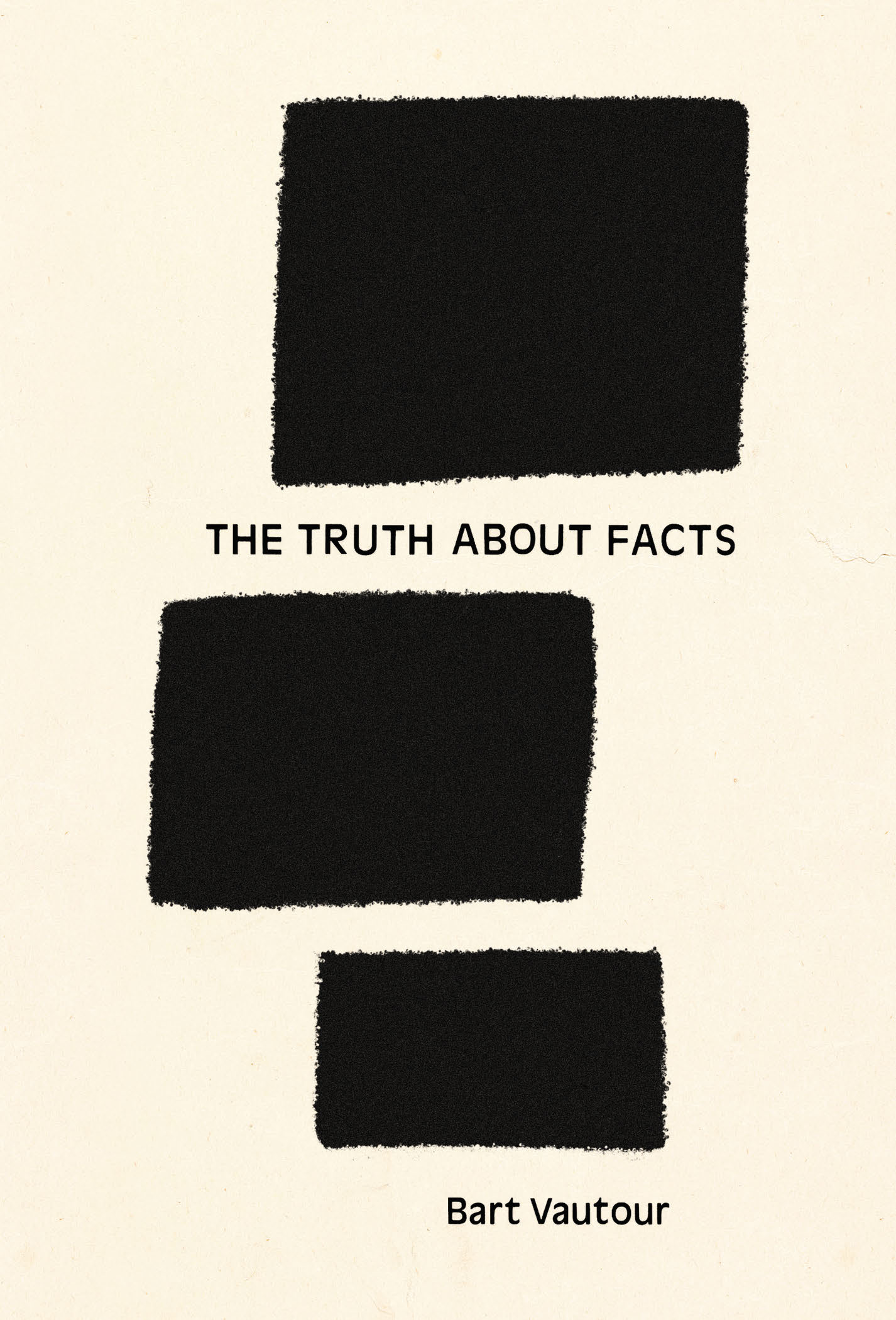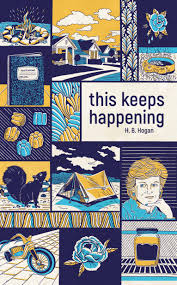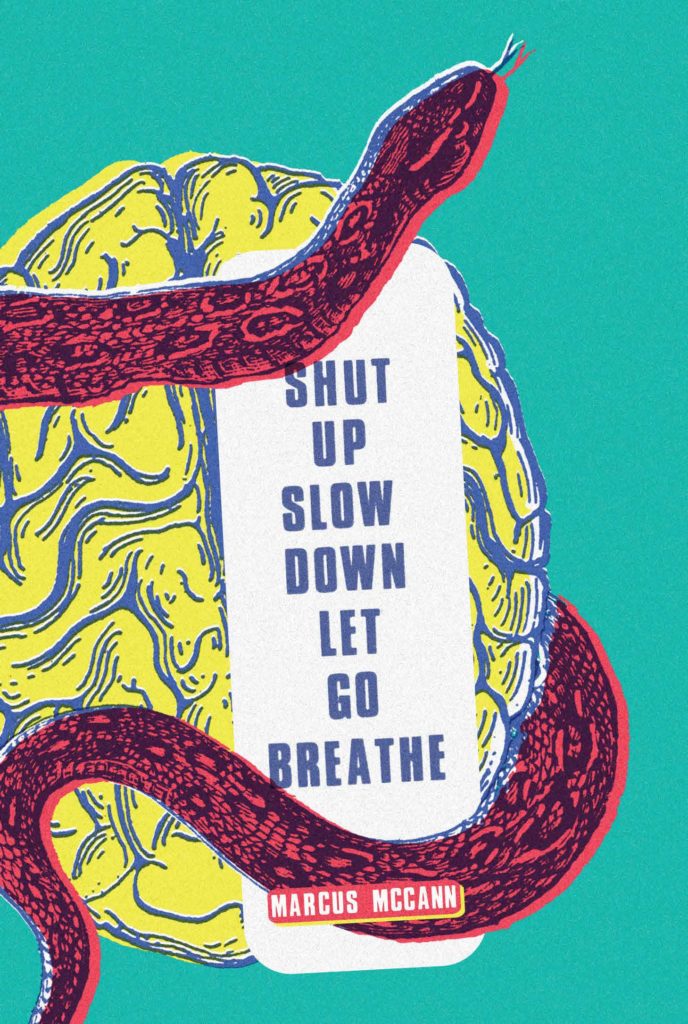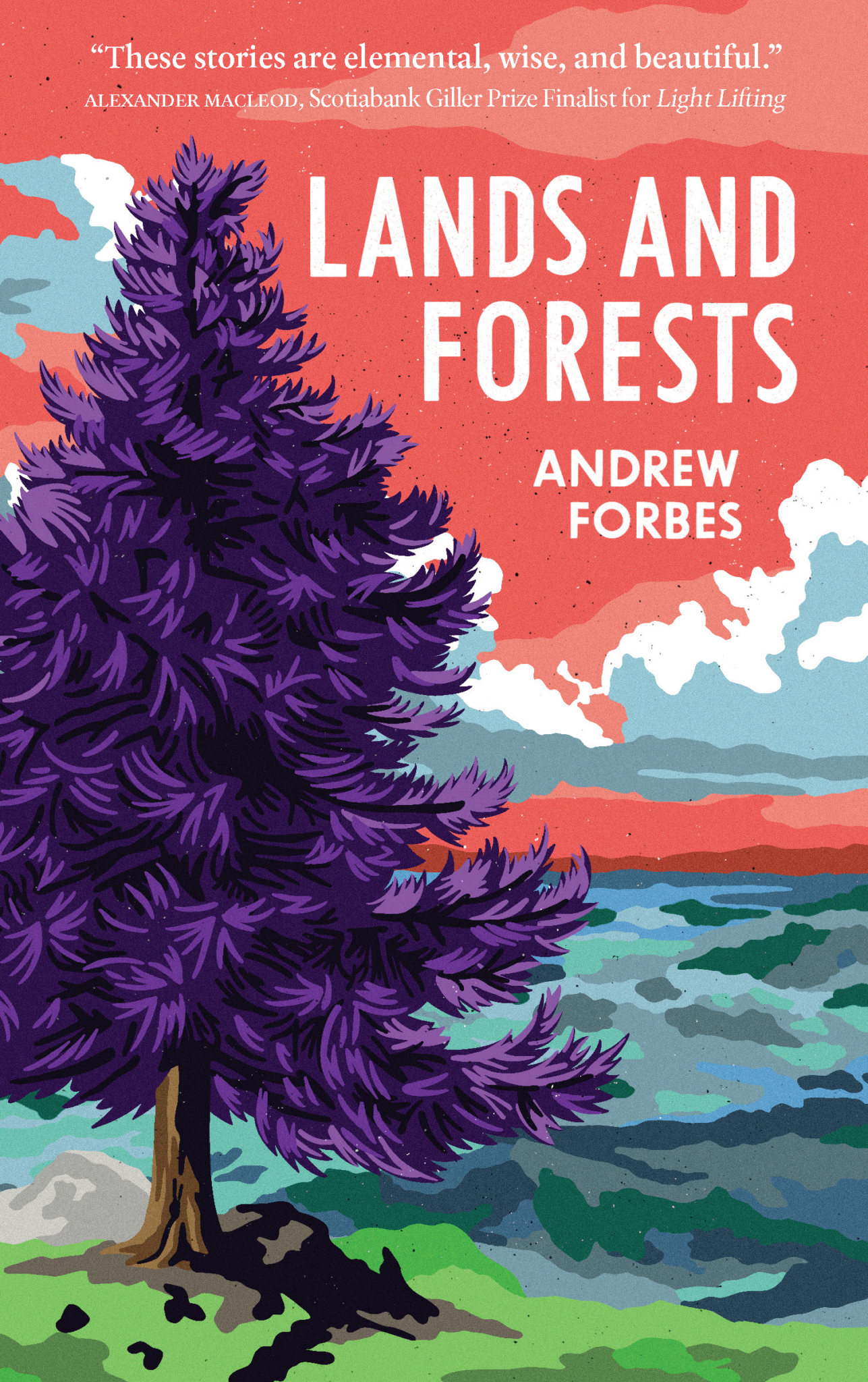Independent publishers have been hard-pressed these past four months. Closed bookstores, little media attention, a distracted public, Amazon’s new hostility to book orders — it’s a perfect storm. But they’re adapting and surviving. As we emerge from the COVID-19 lockdown, we contacted indie presses to find out what state they’re in and their plans moving forward. This is Part 2 in our series. Read about how other small presses are doing here.
 Invisible Publishing is a not-for-profit publisher founded in 2007, focused on publishing diverse and contemporary Canadian fiction, non-fiction, and poetry. As each person involved with the press has a full-time gig that pays their bills, they pride themselves on creating books strictly for the fun of it. We talked to Leigh Nash, the publisher of Invisible Publishing.
Invisible Publishing is a not-for-profit publisher founded in 2007, focused on publishing diverse and contemporary Canadian fiction, non-fiction, and poetry. As each person involved with the press has a full-time gig that pays their bills, they pride themselves on creating books strictly for the fun of it. We talked to Leigh Nash, the publisher of Invisible Publishing.
How’s COVID-19 impacted your press?
It’s been drastic; I really feel for our spring 2020 authors in particular, which included two first books. Book sales have tanked, and it’s hard not to feel helpless. A first book is so special, and not to be able to celebrate it, and promote it, is devastating. Looking ahead, we’ve only bumped one book from fall 2020 into winter 2021. But my ability to do the deep work of editing is very compromised right now. I’m home with a toddler, and both my partner and I are still working our full-time jobs. The same with the deep work of acquiring and planning — it all feels very Sisyphean right now.
How’ve you adapted financially?
In the short term, we’ve pretty much lost an entire season of sales, for spring 2020. Indie bookstores are still Invisible’s biggest sales channel, followed by Indigo, and both of those have been at a dead stop for us. We have cash in hand now, by pure luck thanks to the timing of our granting cycles, but with minimal sales income coming in, I really don’t know what the future holds. We haven’t let go of any staff and plan to do everything we can not to.
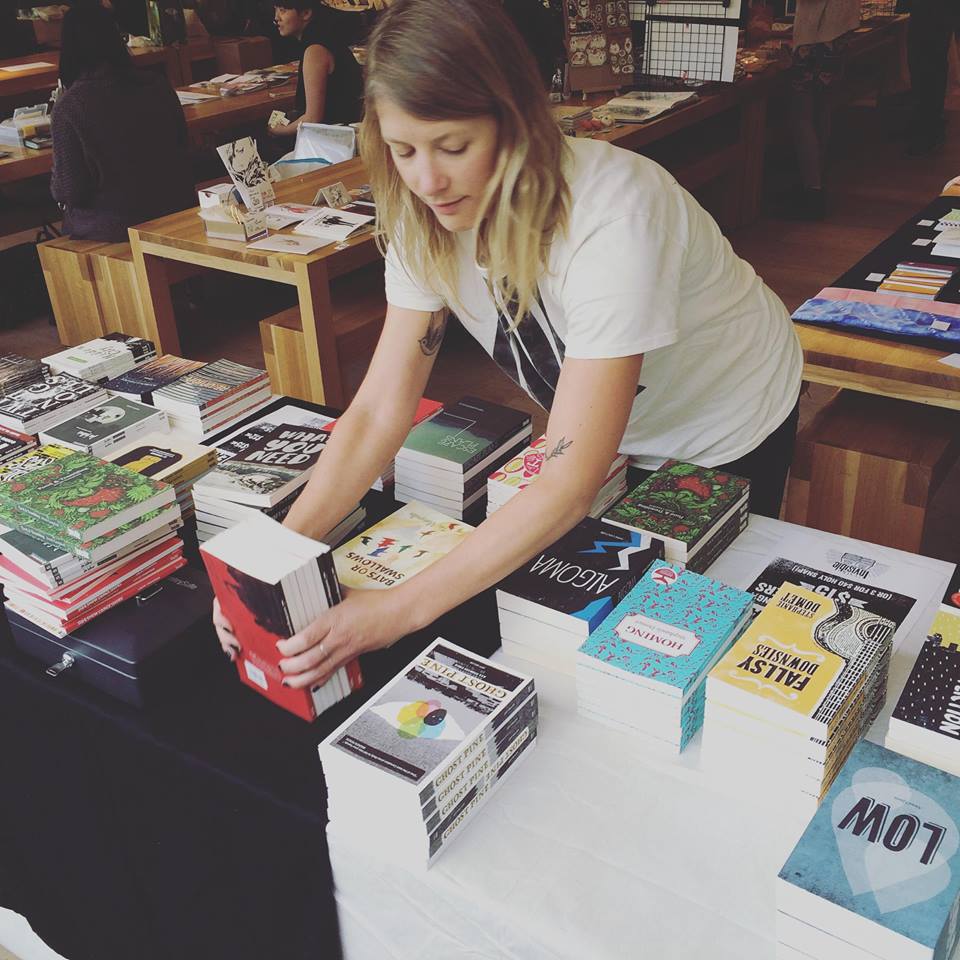
Are you finding news ways in responding to these challenges?
Hustling. We already have a strong digital program, so we used that right off the bat and made ebooks available as PWYC, with all proceeds going to the authors, up till the beginning of May. We’re in the process of pivoting to a new sales model for them — it’s taking longer than I’d like. We’re partnering with a local soda company here in eastern Ontario; we’re pairing sodas with books! Our authors are launching books on Instagram Live. There’s been a lot of behind-the-scenes heavy lifting happening there to try and support the Canadian-owned publishing industry. If readers want to help, the best thing they can do to support publishers and authors is to buy your books from local stores!
Sounds like there’s a lot on the table that needs your attention. Have you found any new opportunities amidst all this?
As someone who lives outside an urban centre, I’m grateful for the pivot to online events. I’m really enjoying the readings I get to hear that I otherwise would have missed. I hope that sticks around. Our industry feels much more inclusive right now from my perspective, and that’s really important. The Shop Local movement feels like it’s getting real traction; people want to know where things come from, and publishers are in a great position there, as most of us produce books by Canadians that tell Canadian stories. I’m interested right now in pursuing actions that see Canadian-owned publishers, authors, and booksellers emerge from this stronger than before.
Is there anything the Canadian government is doing to help, either through arts groups or councils?
We’ve gotten access to some of our funding earlier than usual, and there is supplemental funding we can receive from the federal government. Every little bit helps.
Check out Invisible Publishing’s recent releases and upcoming titles.

